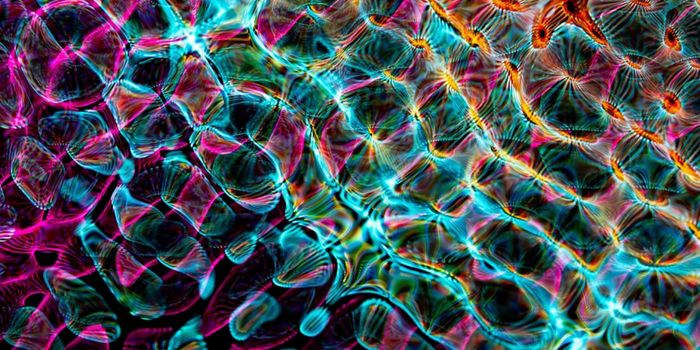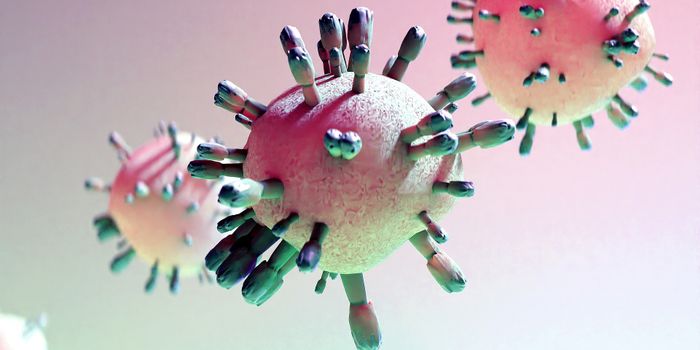New insights on childhood cancer
Malignant rhabdoid tumor (MRT) is one of the worst cancer diagnoses a child can receive. While it is uncommon (or perhaps because it is), there are no standard effective treatments for MRT and most children will survive under a year.
MRT is so aggressive because it involves the loss of an anti-cancer protein called SNF5. The inactivation of SNF5 means that tumors are not suppressed; at the same time, the lost SNF5 also enables a pro-cancer protein called MYC to accelerate cancerous growth. Understanding this relationship has guided new research from Vanderbilt University, as scientists believe that targeting MYC in MRT patients might provide an effective treatment option.
"One of the difficulties in treating a cancer like MRT is that it's driven by the loss of a particular protein from the tumor cell," said William Tansey, PhD, Ingram Professor of Cancer Research and Professor of Cell and Developmental Biology. "Showing that MYC is activated by SNF5 loss identifies a target you can conceivably go after in these cancers," he said.
MYC refers to a group of three related proteins that work as transcriptional regulators, meaning they control the expression of many genes linked to cell growth, proliferation, metabolism and genomic instability. In people with cancer, these proteins are expressed too much, which result in malignant tumors and cancerous growth. MYC overexpression leads to 100,000 cancer deaths annually in the United States.
Tansey and his colleagues are hoping that this new understanding of the connection between SNF5 and MYC proteins will promote future research in the field. As reported by Science Daily, the team of researchers utilized biochemical and genomic approaches to show that “SNF5 selectively inhibited binding of MYC to DNA, something that is required for its tumorigenic function. Accordingly, the reintroduction of SNF5 into MRT cells also displaced MYC from chromatin (the complex of DNA, RNA and protein that form chromosomes), inhibiting pro-cancerous gene expression programs.”
The research was published recently in the journal Nature Communications.
Sources: Nature Communications, Science Daily









